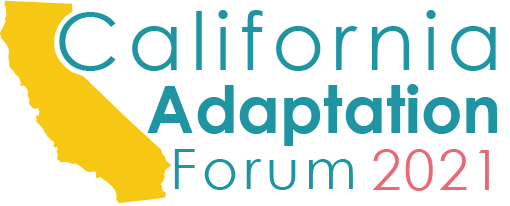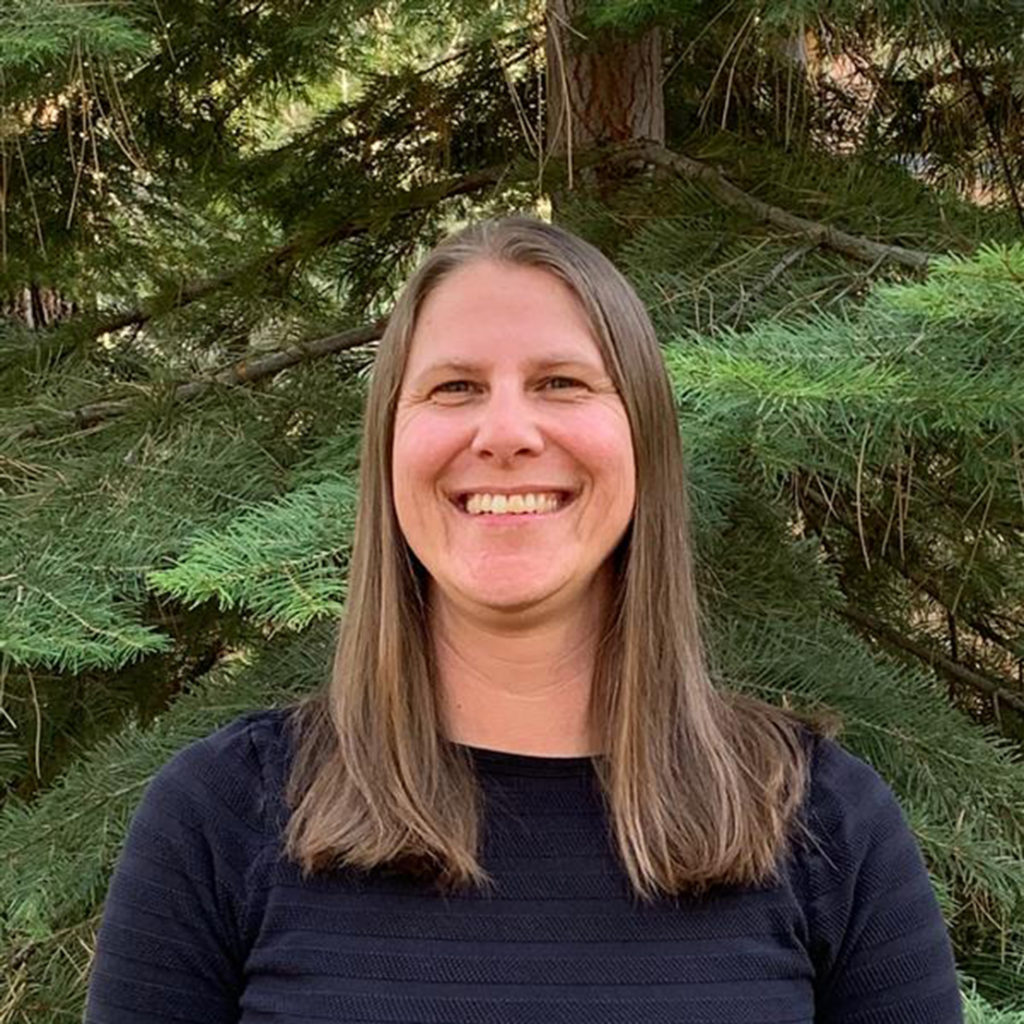The cascading and compounding impacts of climate change – from extreme heat, drought and wildfire to flooding and sea level rise – affect every segment of society. While our communities, ecosystems, built infrastructure, and economy all face threats, climate change disproportionately affects frontline communities and exacerbates existing inequities. The intersectionality of these challenges requires integrated solutions to address deficiencies in our systems, such as transportation, energy, public health, agriculture, water, emergency services, and communications.
This track will focus on frameworks for integrated planning that consider the full spectrum of climate impacts and sectors to deliver holistic solutions that address climate risks and vulnerabilities while meeting community needs.
Key challenge questions may include: How can we better prepare for near-term disasters while building adaptive capacity for long-term climatic changes? How should planners address uncertainty and the compounding and cascading impacts of climate change? How do we balance the need to build more affordable housing amid increased climate risk?
Track Intro Webinar
Tues, July 13 • 10:00-11:30am
Track Workshop #1
Thurs, July 29 • 10:00am-12:00pm
Track Workshop #2
Tues, Aug 17 • 1:00-3:00pm
Track Workshop #3
Tues, Sept 28 • 1:00-3:00pm
Track Outcomes Webinar
Tues, Oct 19 • 12:30-2:00pm



